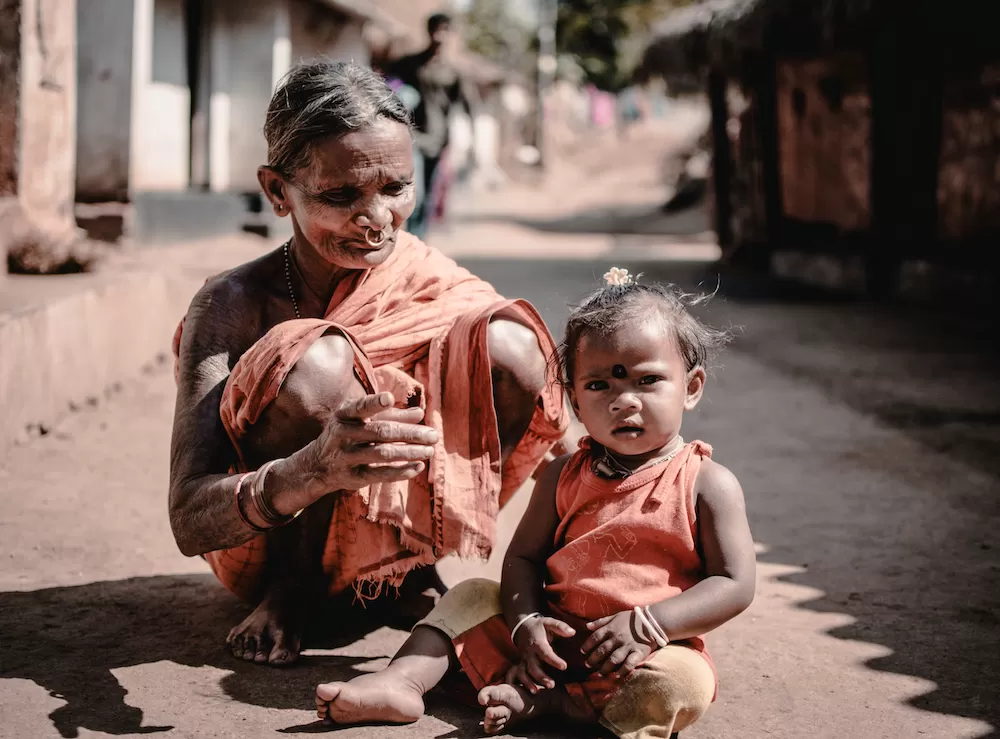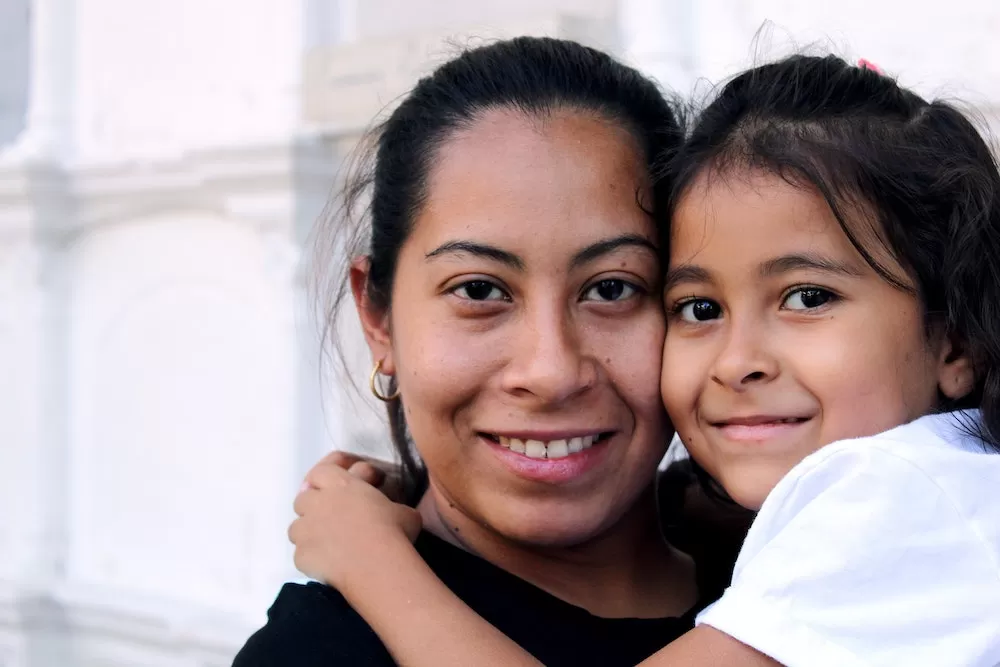On the second Sunday of May, the whole world celebrates Mother's Day. It's that one special day of the year where we celebrate our mothers, the women who raised us to be who we are now. We celebrate their love and patience, all the care they gave us, the lessons they taught us, and more. And while the purpose of the holiday remains the same, there are some countries that celebrate it a little differently. Various countries have their own unique Mother's Day traditions. There's the UK, for instance, whose Mother's Day isn't even in May. France, where kids give their moms medals. And many more!
The Ten-Day Festival - India
While the rest of the world only reserves one day for Mother's Day, in India, they've made it into a whole ten-day event. At least, for another event that's sort of like Mother's Day! Apart from the standard holiday on the second Sunday of May, Hindus also celebrate '
Durga Puja,' a festival that commemorates Durga, the Hindu goddess of mothers. Held every October, this event is sort of like their second Mother's Day, in it that they also shower their moms and mother figures with love and devotion throughout the festival. You can expect families to prepare grand feasts, decorate their homes, and more!
Preparing a Meat Hash - Ethiopia
If you thought
Christmas was the only holiday that's celebrated with big feasts, think again! Many countries have made it their tradition to include big dinners on Mother's Day, particularly in Ethiopia. Just like in India, this African country turns Mother's Day into a full-blown festival—the Antrosht Festival—where families flock to their homes for a huge celebration. They sing songs, perform, and of course, serve a tremendous feast fit for a queen! During this festival, tradition dictates that the daughters gather vegetables while the sons gather meat. They then put everything into one big meat hash for the taking.
Giving Red Carnations - Japan
Though it's common for kids to give their moms flowers on Mother's Day, the Japanese have a more somber connotation with their tradition. Mother's Day became grew in popularity in Japan after World War II, mostly as a way to comfort mothers whose children lost their lives during the war. From that point on, it became a common practice for kids to give carnations—which symbolize the gentleness and the strength of motherhood—to their moms. Little ones typically give out red carnations to living mothers while they offer up white ones for deceased mothers and grandmothers.
Wearing Floral Corsages - US
Speaking of flowers on Mother's Day, those in the US don't just give them, but they wear them too. Although it's more common to give their moms big bouquets of flowers, it's also become a custom for kids to wear corsages during the holiday. And as you might expect, the choice of flower is, of course, the carnation. Somewhat similar to the tradition in Japan, kids with living mothers wear pink carnations for their corsage while kids with deceased mothers wear white carnations instead. They proudly show them off as they go to Church, eat out, and more.
Writing Poetry - Italy
Although
Italians celebrate Mother's Day very similarly to other countries, they have one tradition that stands out—writing poetry. As the second Sunday of May approaches, schools often ask their students to write poems for their moms and mother figures to commemorate this special holiday. In fact, giving handwritten poetry has become a more common Mother's Day custom in Italy than giving out cards. For the Italians, they see this as a more personal symbol of affection, not to mention a great way to promote creativity among the youth.
Giving Medals to Moms - France
What's a great way to show just how much of a winner your mom is in your life? Give them medals, of course! At least, that's the way the
French celebrate Mother's Day. And it dates all the way back to 1920. At the time, the French government handed out medals to mothers of large families as a token of gratitude for helping rebuild the French population after many lives were lost during World War I. This tradition was repeated after the Second World War and from then on, it's become a tradition to give out medals on Mother's Day.
La Dia de la Madre - Mexico
There are a handful of countries that celebrate Mother's Day on a different date. One of them is Mexico. While the rest of the world set Mother's Day on the second Sunday of May, Mexicans have made May 10th its permanent date. They call it
La Dia de la Madre ('The Day of The Mother') and commemorate their moms, grandmothers, and other mother figures in their lives. Since Mexicans are devoutly Roman Catholic, this
holiday has come to be connected with going to church, praying to the Blessed Virgin Mary, and the like. But after hearing mass, they're off to their respective homes to treat their moms like the queens they are!
Celebrating Mothering Day - UK
Mother's Day is also on a different date in the UK. Instead of the second Sunday of May, Mother's Day in the UK, or as they call it, '
Mothering Day,' is celebrated on the fourth Sunday of Lent. Because of this, it mostly takes place around March or early April. And while this day also commemorates moms, grandmothers, and other mother figures in the country, the '
mother' in this instance is actually the Mother Church. The holiday dates back all the way to the Middle Ages when young kids who've joined the Church got to go back to their homes—where their moms live—for one special day.
A Different Date for Mother's Day - Arab Countries
Interestingly enough, many Arab countries also celebrate Mother's Day around March instead of the standard second Sunday of May. Specifically, countries like Bahrain, Iraq, Kuwait, Oman, and the UAE celebrate Mother's Day on March 21st, often considered the first day of spring around this area. As the new season starts, the day also commemorates how Mother Earth comes to life again. And on this day, kids give all sorts of gifts to their moms, do their chores diligently, and families put on grand feasts for dinner. It's one of the liveliest holidays in the Arab calendar.
Since the world is full of different cultures, it's only natural that different countries have their own unique Mother's Day traditions. But no matter how one place celebrates this special holiday, it's still all about celebrating mothers and their impact on all our lives!




